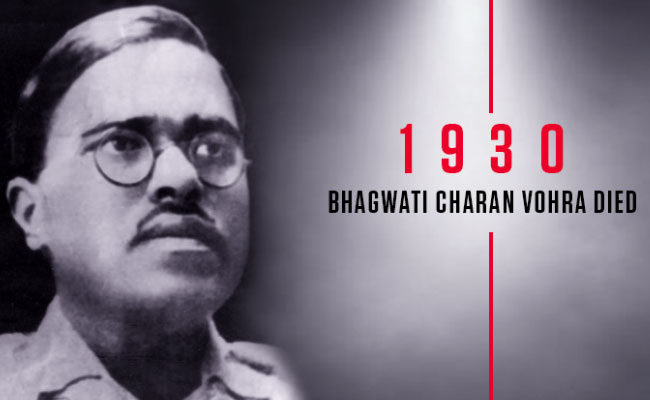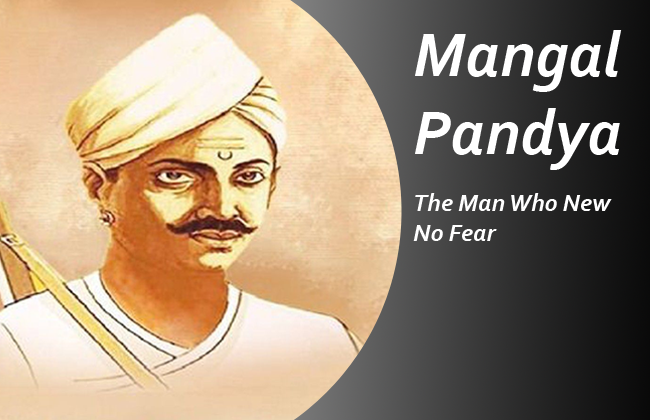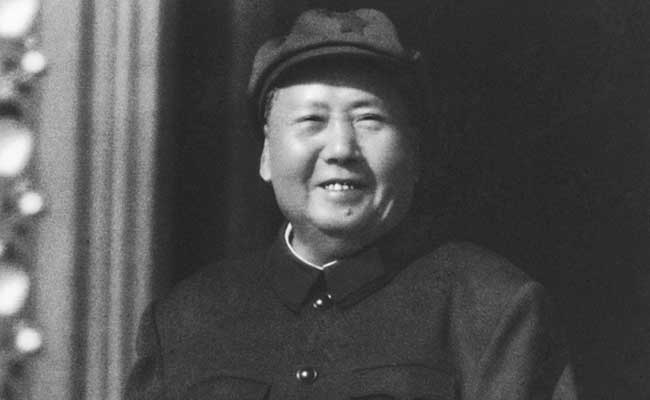Bhagwati Charan Vohra: A Revolutionary Intellectual
Bhagwati Charan Vohra was an Indian revolutionary intellectual and a communist leader who dedicated his life to fighting against British colonialism and advocating for social justice. He was born on August 1903 in a small village in the present-day Haryana state, and passed away in 1968. Vohra’s life and work continue to inspire generations of activists and revolutionaries in India and beyond. In this article, we will explore the life, ideas, and contributions of Bhagwati Charan Vohra.
Early Life and Education
Vohra was born into a peasant family, and his father was a small-scale farmer. He was one of the few children in his village to receive formal education, and he completed his matriculation from the Government High School in Rohtak. After completing his education, Vohra moved to Lahore, where he pursued his higher education at the Government College, Lahore. It was during this time that he became politically active and joined the Indian National Congress.
Political Activism and Imprisonment
Vohra was a passionate advocate for Indian independence and social justice. He was deeply influenced by the communist ideology and joined the Communist Party of India (CPI) in the 1920s. Vohra was actively involved in various political activities, including leading student protests, participating in labor strikes, and organizing peasant movements. He played a significant role in the Naujawan Bharat Sabha, a youth organization that aimed to mobilize young people for the independence struggle.
Vohra’s political activism led to his arrest several times, and he spent a considerable time in prison. In 1929, he was arrested for participating in the Lahore Conspiracy Case, which was a plot to overthrow the British colonial government in India. He was sentenced to transportation for life and was sent to the Cellular Jail in the Andaman and Nicobar Islands. Vohra spent nine years in prison, where he suffered immense physical and mental torture.
Intellectual Contributions
Despite spending a significant part of his life in prison, Vohra continued to write and publish his ideas. He was a prolific writer and contributed to various Marxist and communist publications, including the Kirti, Kisan Sabha, and the Communist Party’s journal, The People’s War. Vohra’s writings covered a wide range of topics, including colonialism, imperialism, labor, and peasant movements, and the Indian independence struggle. His writings reflected his deep commitment to Marxist ideology and his belief in the revolutionary potential of the working class.
Vohra’s most significant intellectual contribution was his book, “Bharat Mein Angrezi Raj” (English Rule in India), which he wrote while in prison. The book provides a detailed analysis of British colonialism in India and its impact on Indian society and economy. It also offers a critique of the Indian National Congress and its limitations in the struggle for independence. Vohra argued that the Congress was a bourgeois organization that represented the interests of the Indian elite and failed to address the concerns of the working class and peasantry.
Legacy and Relevance
Bhagwati Charan Vohra’s life and work continue to inspire generations of activists and revolutionaries in India and beyond. He was a true revolutionary intellectual who dedicated his life to fighting against colonialism, imperialism, and social injustice. Vohra’s contributions to Marxist theory and Indian revolutionary politics are significant and continue to shape the discourse on social justice and political activism in India.
Vohra’s critique of the Indian National Congress remains relevant today, as many critics argue that the Congress has become a party that represents the interests of the Indian elite rather than the working class and peasantry.
![]()





